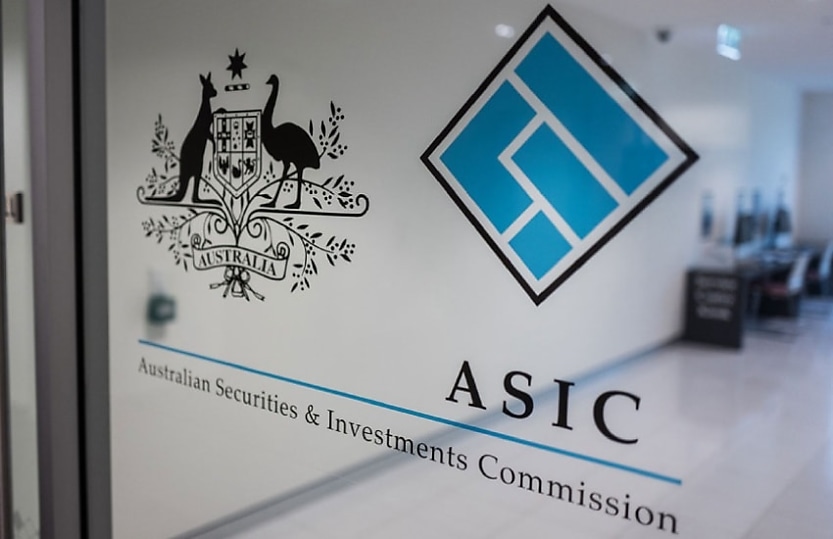‘Disappointing’: Auditors frequently breach independence obligations, ASIC says

A recent ASIC review found widespread breaches of auditor independence requirements, spurring further compliance actions.
A recent ASIC report, Building trust: Auditor compliance with independence and conflict of interest obligations, uncovered a “disappointing number” of likely breaches of auditor independence requirements.
“Auditor independence underpins stakeholder trust and confidence in the audit process and the reliability of the financial information being audited,” ASIC commissioner Kate O’Rourke said.
“Unfortunately, our review found that many auditors failed to meet the basic independence requirements, and others failed to identify and critically evaluate potential threats to their independence.”
Out of 48 auditors and 19 firms reviewed by ASIC, 15 individuals were found to be likely in breach of rotation requirements, relationship prohibitions, or providing a prohibited non-audit service.
Nine failed to demonstrate how they complied with mandatory rotation requirements that bar auditors from auditing a listed client for more than five consecutive years, while five appeared to hold prohibited relationships, such as one which was also an office holder of their client.
As previously reported by Accounting Times’ sister brand, Accountants Daily, ASIC’s review led to an enforceable undertaking for Hall Chadwick after it was found that auditors had breached their rotation requirements.
The regulator said it would conduct additional inquiries into potential breaches identified during the review.
“It is not enough for auditors to adopt a tick-a-box approach to complying with these important obligations. They must think more critically about whether they are independent and be alive to even the perception that their independence is compromised,” O’Rourke said.
Common issues identified by ASIC included a “tick-box” approach to compliance, a lack of documentation, and limited consideration of independence of appearance.
Auditors considered themselves able to exercise impartial and objective judgement in relation to an audit, but did not consider whether a ‘reasonable person’ would reach the same conclusion, ASIC found.
At times, auditors had deployed “safeguards” to mitigate threats to independence, but ASIC found that these often did not effectively mitigate threats to independence.
It identified cases wherein a review auditor was appointed as a safeguard, but there was not sufficient consideration to ensure that the review auditor themselves were not subject to conflicts of interest.
While auditors typically did well at adhering to “prescriptive” elements regarding the provision of non-audit services, many didn’t consider broader threats to independence, including high ratios of non-audit service to audit service, audit service fee ratios, and self-review threats.
ASIC identified certain systems and safeguards, which helped audit firms perform well in safeguarding their independence.
Some firms conducted mandatory internal consultations when they reached a high non-audit fee to fee ratio, with thresholds ranging from 0.5:1 to 1:1. Some firms said they declined an audit or non-audit service due to a high ratio, including the perceptions created by this.
Well-performing firms and auditors also created strong documentation that clearly and thoroughly considered threats to independence, had detailed guidance on permissible non-audit services, and had strong controls around scope creep.
The latter sometimes included prohibitions of “ad hoc services”, ensuring that new engagement acceptance processes and independence assessments would always be performed when additional non-audit services were scoped in, ASIC said.
“Auditor independence is fundamental to audit quality and integrity. A strong focus on independence not only builds trust, it also fosters more rigorous challenges in the audit process thereby enhancing the preparation of high-quality financial information,” O’Rourke said.
“We expect auditors to carefully consider this report and use its findings to address gaps in their compliance.”
About the author

